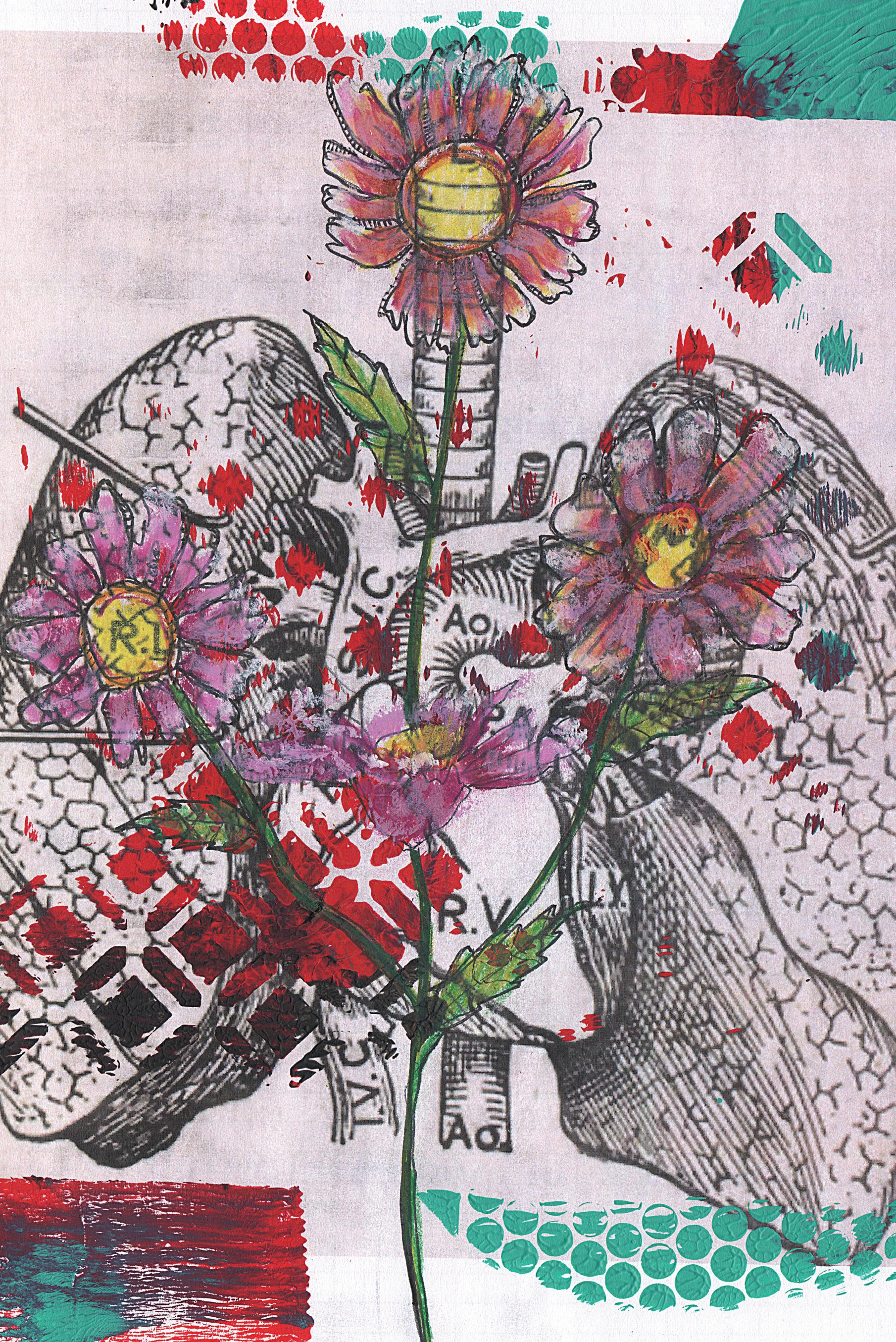
1 minute read
The Story Behind THE SUSPENDERS
Together with her colleagues, the chief psychologist at Wichita State has spent the past several years developing Suspenders4Hope, a comprehensive and researched-based suicide prevention strategy.
“I did what many loss survivors do — I threw myself into advocacy,” Provines said during a suicide prevention training she led last fall. “I wanted to try and make sure that nobody would have to experience the same pain I (felt).”
Advertisement
“It wasn't until then that we started to have a national strategy for suicide prevention and addressing it as a public health issue,” Provines said. “(Suicide) was just this hidden thing that happened that nobody talked about.”
In 2015, WSU received a Garret Lee Smith campus suicide prevention grant, which provided the initial funding for Suspenders4Hope.
Originally designed for the WSU campus, the initiative has expanded to other universities as well as organizations such as Via Christi St. Francis and Thrive Restaurant Group.
“My personal journey started back when I was an intern,” she said. “High-risk clients seemed to gravitate toward me. I felt like I had strong connections with them, and I needed to learn tools to help them.”
Those clients inspired Provines to pursue training in dialectical behavior therapy. The model involves helping patients learn how to build a personalized “toolbox” they can use to regulate their own emotions.
Provines also is passionate about training new therapists to work with suicidal patients. That’s necessary because 47% of students who seek care from Counseling and Prevention Services screen positively for suicidal thoughts.
But it hasn’t been easy, not least because Provines experienced more loss in the intervening years. The same month WSU received its suicide prevention grant funds, another patient of hers died by suicide. And last year, Provines again experienced what she calls “every therapist’s worst nightmare.”
“Suicide is no one's fault — not even the person who dies by suicide,” she said. “But as someone who's lost people I care about to suicide, I know that it can be hard to believe that.
“(If you’ve lost someone), you may not be ready to forgive yourself or your loved one now. But if you can set your mind on a path towards forgiveness, that is when I know I started to heal.”
—
The following pages are inspired by Suspenders4Hope and its “share, ask, support model.” Learn more about the initiative and take the free online training at suspenders4hope.com.







